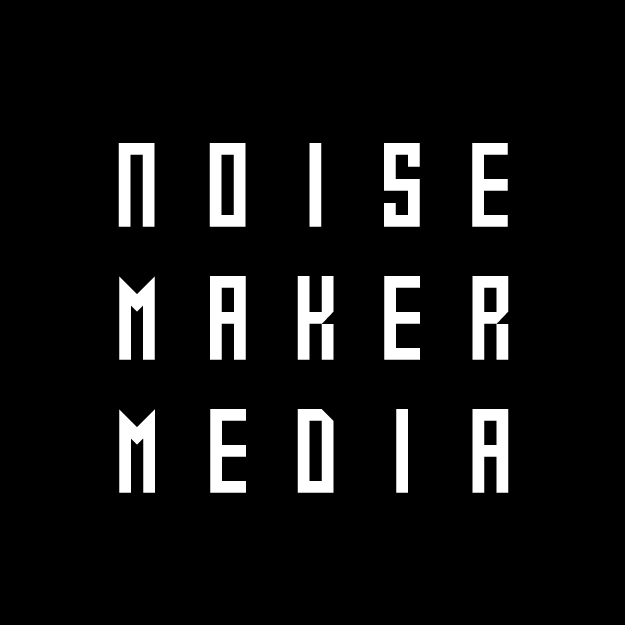Are We Fighting the Right Fight? Reclaiming Creative Value in a System That Wasn’t Built for Us
TL;DR: The creator economy is booming, valued at over $250 billion and projected to hit $500 billion by 2027. Yet, the vast majority of creators struggle financially, with 71% earning less than $30K per year. While fair pay is an important fight, the real issue is structural: creators are still playing by rules that don’t benefit them. The way forward isn’t just asking for better wages—it’s building sustainable ownership models that allow us to thrive on our own terms.
The digital age was supposed to be the great equalizer for creatives. No more middlemen. No more gatekeepers. Just pure access to audiences and opportunity. But as we stand here in 2025, looking at a $250 billion creator economy that’s expected to double by 2027, we have to ask: who is really benefiting?
Because it sure isn’t most creators.
The numbers tell the story. Only 9% of independent creators earn more than $100K annually, while 71% make less than $30K (MBO Partners). Meanwhile, tech companies, brands, and platforms are making billions off our content, engagement, and labor. This isn’t just an issue of fair pay—it’s a question of ownership, power, and sustainability.
The Hard Truth: Platforms Are Not Built to Sustain Us
For years, we’ve been told to “just create more.” Post more. Engage more. Stay visible. But the reality is, no amount of work will fix a system that was never designed to sustain us in the first place.
Social media, streaming services, and ad-revenue models are all paying out cents on the dollar while keeping the majority of the profits. And yet, many of us still buy into the illusion that if we just keep grinding, we’ll eventually break through.
We won’t. Not if we keep fighting for scraps from platforms that never intended to share real wealth with us.
Reclaiming Creative Value: What Needs to Change
Instead of fighting for a bigger slice of the pie, what if we focused on baking our own? Here’s what that looks like:
1. Stop Playing the Algorithm Game
We don’t own our reach on social media. The algorithm decides who sees our work, and that means we’re always at risk of losing our audience overnight. Instead of focusing all energy on Instagram, YouTube, or TikTok, build direct-to-audience channels:
Email newsletters (where YOU control the list)
Patreon, Substack, or private communities (where YOU set the terms)
Selling your work directly (courses, digital products, merch, licensing)
2. Use Free Work Strategically—Not as a Default
Free content is part of the game, but it should be a calculated investment, not an expectation. The best free work funnels into something that pays—whether that’s consulting, licensing, memberships, or digital sales. If the exposure leads to nothing, it’s just labor with no return.
3. Create Work That Outlives Engagement Metrics
The most valuable creative work isn’t built for short-term clicks—it lasts. If you’re only creating for instant engagement, you’re stuck in a cycle where content dies within days. Own your IP. License your work. Make something that continues to generate revenue long after it’s published.
4. Demand More Than Visibility—Push for Ownership
Instead of asking platforms to pay us better (because they won’t), push for new models that prioritize creator ownership:
Revenue-sharing policies that are actually fair (not just pennies per view)
Protections against AI-generated theft
Transparency on algorithm bias (so creators aren’t constantly punished for not producing enough)
The Future of Creative Work: Own Your Platform, Own Your Future
The truth is, the creator economy isn’t broken—it’s working exactly as it was designed to. The problem is, it wasn’t designed for us.
We don’t need to fight for better scraps from someone else’s table. We need to build our own infrastructure, our own systems, and our own revenue streams. The future of creative work isn’t about waiting for platforms to do the right thing—it’s about ensuring that creatives have the power, ownership, and autonomy to make a living on their own terms.
So the question isn’t: How do we get paid more? The real question is: How do we stop relying on systems that refuse to pay us fairly in the first place?
The answer? We own our work, build with intent, and create systems that serve us—not exploit us.
What do you think? Are we still fighting for a seat at someone else’s table, or is it time to build our own?


